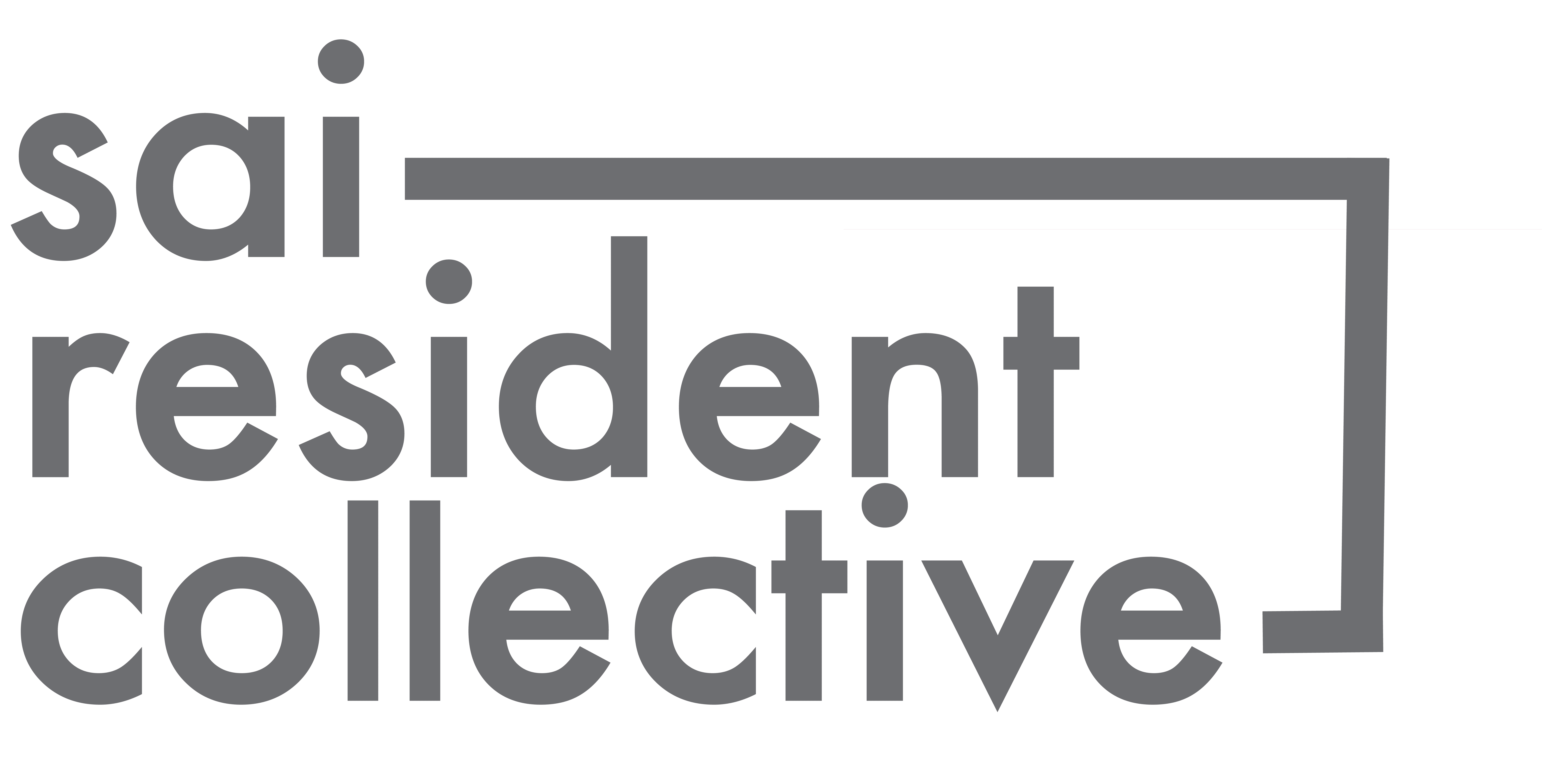Building The Next Generation Workforce
Welcome to the Bankston Lab page!
Mission: The Bankston Lab aims to cultivate the next generation workforce in science policy and advocacy through innovative and equitable research studies and training programs for early career researchers from underrepresented backgrounds.
Scope: The Bankston Lab is focused on traditional and non-traditional pathways into science policy, and is focused on providing training and resources for undergraduate students interested in science policy careers.
Focus Areas: We operate at the intersection of research, higher education and workforce development in STEM with a focus on science policy and advocacy.
For more details on our operations, please view the Bankston Lab Manual.

Lab Members
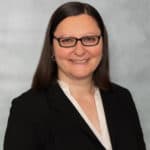
Adriana Bankston, Ph.D. is a Biomedical Workforce & Policy Research Investigator in the Bankston Lab. Adriana was previously a Senior Fellow in Science Policy at the Federation of American Scientists, where focused on a policy entrepreneurship project. Prior to this role, Adriana was a Principal Legislative Analyst at the University of California Office of Federal Governmental Relations, where she served as an advocate for the university with Congress, the Administration and federal agencies. She is a Strategic Advisor of the Journal of Science Policy & Governance, and a former Fellow with Advancing Research Impact in Society (ARIS). In recognition of her contributions to the field, Adriana was named among the Top 20 in 2022 Advocacy practitioners by the Advocacy Association, and awarded the inaugural 2022 ARIS Emerging Broader Impacts Leader Award. Adriana earned her Ph.D. in Biochemistry, Cell and Developmental Biology from Emory University.

Moraima Castro-Faix, Ph.D. is a Research Associate in the Bankston Lab. She obtained her Ph.D. from the Learning Cognition and Development department at the Graduate School of Education at Rutgers University. She also holds an M.A. from Rutgers University in Science Education and a B.S. in Genetics from the University of Puerto Rico. During her dissertation research, she studied a learning progression in genetics at the middle school and high school level and has been involved in the design, implementation, and revision of a genetics curriculum for grades 7-12. Work from these studies has been published in several top-tier journals in science education. Her interests are science education, science policy, and identifying the best practices for the development of the scientific workforce. Recently she participated in the National Center of Educational Statistics data institute at The American Institute for Research in which she studied the relationship between major changes and retention of at-risk students in STEM fields.
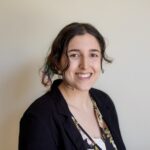
Amy Ralston, B.S. is a Research Associate in the Bankston Lab. She is a Ph.D. student in the Department of Physics & Astronomy at UC Irvine, holds an M.S. in Physics from UC Irvine, a dual B.S. in Physics and Astrophysics from University of Massachusetts Amherst, and an A.A. from Bard College at Simon’s Rock. Her research uses Hubble Space Telescope images and hydrodynamic simulations to reveal the mechanisms of star formation within the dense nodes of the Cosmic Web. Besides her academic work, Amy is passionate about employing techniques to approachably visualize and communicate data to drive evidence-based policy in the realms of space policy, science education, and climate change. At UC Irvine, she serves as the Vice President of the Science Policy and Advocacy Network, a National Science Policy Network Chapter.
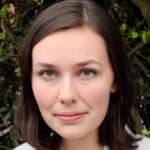
Gwendolyn Bogard, B.S. is a Research Associate in the Bankston Lab. She is a Government Relations Associate with the American Association for the Advancement of Science (AAAS) Office of Government Relations. Prior to joining AAAS, Gwendolyn worked in policy and communications at Research!America and interned with the House of Representatives Committee on Science, Space, and Technology. Gwendolyn earned her Bachelor’s degree in Chemistry from Southern Oregon University.
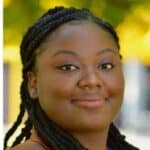
Crystal Hammond, B.A. is an advocate for higher education. As a Research Associate in the Bankston Lab, Crystal’s passion lies in addressing the pressing issues of educational policy, equity, and social justice. Previously, Crystal served as a research fellow at the Southern California College Attainment Network and interned at the University of California, Office of the President in Federal Government Relations. Her dedication to fostering positive change in education led her to earn a Bachelor’s degree in Public Policy from the University of California, Riverside.
Conferences
Building a Bridge Between Science and Society Through Science Policy
The Emerging Researchers National (ERN) Conference in STEM is aimed at college and university undergraduate and graduate students who participate in programs funded by the NSF EES Unit, including underrepresented minorities and persons with disabilities. During this session, we discussed science policy as a concept, science policy settings and job titles, and provided examples of policy impact in addition to discussing background on SRC and ways to get involved (March 2024).
Building the Future Science Policy Workforce Through Undergraduate Opportunities
This presentation was given at the Atlanta Conference in Science and Innovation Policy and described findings from the recent publication on the current landscape of science policy training for undergraduate students (May 2023).
Workshops
Expanding Pathways into the Science Policy Workforce
Professional science policy opportunities have traditionally been filled by PhD-level students and established career-scientists. To expand science policy at the local, state, and federal-level, the science policy workforce must be expanded to include undergraduate STEMM students. The workshop was designed for early career researchers interested in exploring non-traditional career paths to science policy. The event was organized in partnership with JSPG, NSPN, SfN DCMA, ESEP Coalition and Student Pugwash (April 2022).
SciPol Starters: Expanding the Science Policy Workforce Through Nontraditional Career Pathways
The Bankston Lab’s goal is to cultivate the next generation’s workforce in science policy through research and training programs for early career researchers from underrepresented backgrounds. This presentation included background on this issue and our initiatives on expanding science policy training opportunities and awareness at the undergraduate level presented at the Science Ethics and Policy Symposium 2022 (April 2022).
Creating Actionable Change for STEM Education & Workforce Development
This event focused on ways to better support the next generation STEM workforce, help them achieve their potential in science and to utilize their talents to solve problems in society. We also discussed strategies that early career researchers can use to make improvements to the system. This event was organized in partnership with UC Irvine’s GPS-STEM and JSPG, with sponsorship from NSPN. Read the blog post (November 2021).
Other Events
Expanding Pathways into the Science Policy Workforce, 2021 NSPN symposium (November 2021). Watch it here.
Diverse pathways into science policy, Happy hour with NSPN & ESEP (November 2021).
Highlights
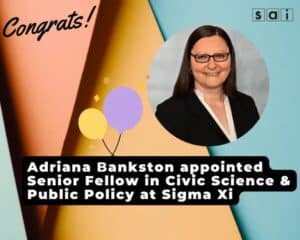
SAi Resident Scholar Adriana Bankston has been appointed Senior Fellow in Civic Science & Public Policy with Sigma Xi in partnership with the Rita Allen Foundation. Bankston is a highly respected scholar passionate about developing the next-generation STEM workforce and advocating for the research enterprise. Read more.
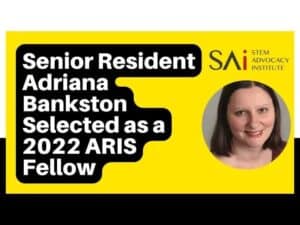
SAi Senior Resident and Biomedical Workforce & Policy Research Investigator Dr. Adriana Bankston was recently selected as one of the 2022 Advancing Research Impact in Society (ARIS) Fellows. The ARIS fellows program is designed for professionals, researchers, faculty, educators, graduate students and others working to advance research impact practice. The 2022 class consists of 13 fellows who are working on diverse projects to synthesize existing scholarly work and develop new scholarship to advance knowledge about research impact practices. Read more.
